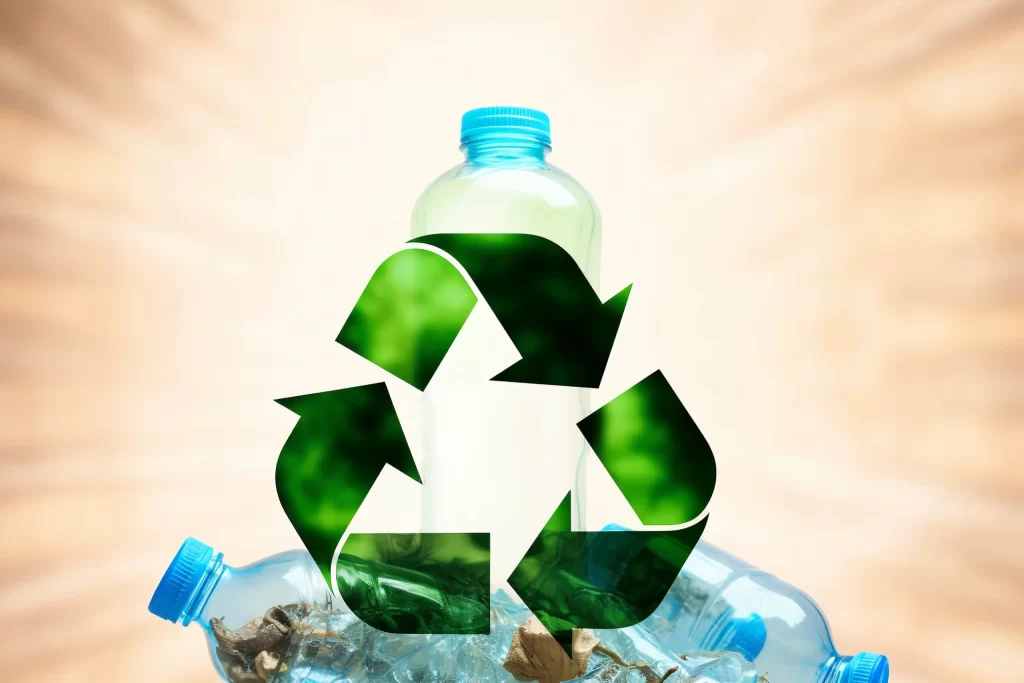PCR chemical recycling is an environmentally friendly technology that converts waste into renewable resources through chemical reactions, promoting waste resource utilization and reducing environmental pollution. This article will provide a detailed introduction to the principle, necessity, and important role of PCR chemical recovery in the environment and resources. At the same time, elaborate on the specific recycling process and standards, in order to promote this environmental weapon and contribute to the construction of a sustainable future.
1、 Overview of PCR chemical recovery
PCR chemical recycling is a waste recycling technology characterized by the use of chemical reactions to convert waste into renewable resources. Through chemical reactions, the molecular structure of waste undergoes changes, making it a renewable resource that can be reused. With the development of the global economy, the amount of waste generated continues to increase, and resource waste and environmental pollution have become important issues. Finding efficient and environmentally friendly waste recycling technologies is an urgent task at present. PCR chemical recycling, as an environmentally friendly technology, converts waste into renewable resources through chemical reactions, providing an important solution for achieving waste resource utilization and reducing environmental burden.
2、 Why do we need to use chemical methods for recycling?
- High resource recovery rate. Chemical recycling can effectively extract and transform useful components from waste, making it a renewable resource. Compared to other recycling methods, chemical recycling has a higher resource recovery rate.
- Comprehensive utilization of waste. Some waste materials have very complex components and are not suitable for physical recycling for treatment. Chemical recycling can fully utilize these complex wastes and achieve comprehensive waste utilization.
- The regeneration and utilization of resources can be achieved through chemical reactions, where waste can be converted into new raw materials for the production of new products, achieving the regeneration and utilization of resources.
3、 The significance of PCR chemical recovery
- Resource recycling PCR chemical recovery helps to achieve resource recycling. Through chemical reactions, useful components in waste can be recycled and reused, extending the lifespan of resources.
- Chemical recycling for environmental protection can effectively reduce the pollution caused by waste to the environment. By converting waste into renewable resources, the environmental pollution caused by landfill and incineration has been reduced.
Compared to producing new raw materials, energy conservation and emission reduction can significantly reduce energy consumption and carbon emissions through chemical recycling of waste, which helps to achieve a low-carbon economy.
4、 Specific recycling process and standards
1.The collection and pre-treatment of waste is the first step in chemical recycling. After collection, the waste usually needs to undergo pre-treatment, such as cleaning, crushing, etc., in order to better carry out subsequent chemical reactions.
- The waste after pre-treatment enters the chemical reaction stage. During the chemical reaction process, the molecular structure of waste undergoes changes, making it a renewable resource that can be reused.
- After chemical reaction, the product needs to be separated and purified. This step can remove residual harmful substances and obtain high-purity regenerated resources.
- The regenerated resources after separation and purification can be used to produce new products. For example, recycled plastics can be used to manufacture plastic products, and recycled metals can be used to manufacture new metal products, etc.
- Quality standards PCR chemical recovery needs to follow strict quality standards to ensure that the quality of recycled resources meets the needs of relevant industries, and to ensure the reliability and safety of products. At the same time, the recycled products also need to undergo strict testing and testing to ensure that they meet the requirements of national and international standards.
PCR chemical recycling, as an environmentally friendly technology, converts waste into renewable resources through chemical reactions, which helps to achieve waste resource utilization and reduce environmental pollution. Chemical recycling has advantages such as high resource recovery rate, comprehensive utilization of waste, and recycling of resources. By widely promoting and applying PCR chemical recovery technology, we can jointly contribute to the construction of a sustainable future, achieve resource recycling and environmental protection.

